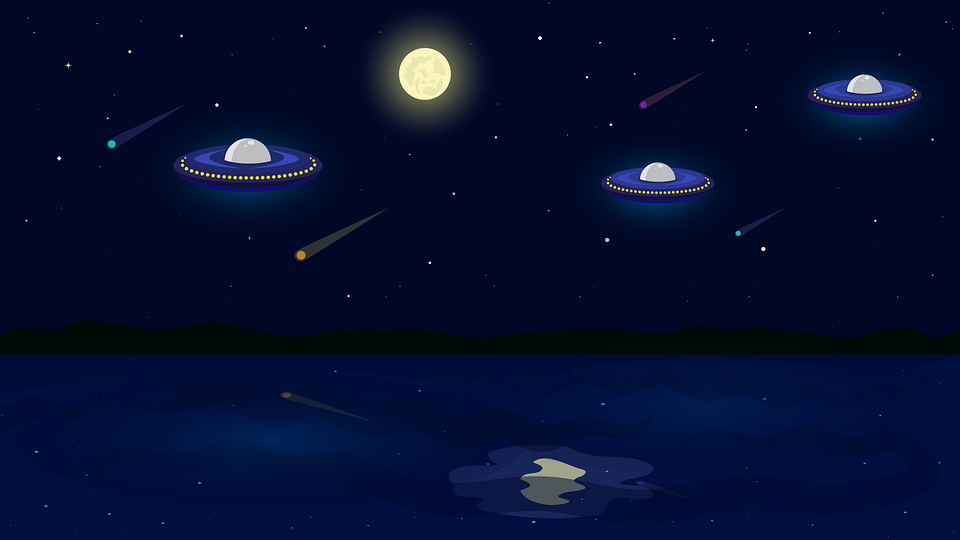Space objects like asteroids regularly pass by our planet as they make their journey through space. One asteroid has been confirmed by NASA to pass by Earth this weekend.
The US agency’s asteroid trackers have spotted one particular space rock, formally referred to as 2020 VC7 traveling towards our planet. VC7 is classified as a Near-Earth Object and has been seen moving through space at a speed of 6.96 kilometers per second or 38,000 miles per hour. The asteroid will be making its way to our planet this weekend on Saturday, December 12 or December 11 for other parts of the world. VC7 is relatively large space rock as it measures around 320 feet in diameter.
Fortunately, VC7 also does not pose a threat, and a collision should not be expected. When it passes by Earth this weekend, it will only get as close as 0.03746 astronomical units. This is equivalent to 3,482,124 miles in human terms. This is also farther than the distance between Earth and the Moon, which measures 384,400 kilometers. This is also a fraction of the distance between our planet and our neighboring Mars, which is 107.99 million kilometers away.
However, even if VC7 is classified as a Near-Earth Object, it could still pose a threat if it ever collides with Earth. Should VC7 crash onto a populated area in the world, it could devastate a city. Along with VC7, the much smaller space rock known as 2020 XQ1 will also be passing by Earth.
Astronomers and space enthusiasts have something to look forward to next week as the Geminids meteor shower will be at its peak on December 13 and December 14. Despite the meteor shower peaking at this time, astronomers have also seen the Earth moving through the debris field of a now-extinct comet referred to as 3200 Phaethon. The debris from this once-comet will appear as shooting stars over our night skies. From December 4, our planet is still moving through its debris until December 17.
The shooting stars will peak on December 13, with over 100 shooting stars every hour.



 NASA and Roscosmos Chiefs Meet in Florida to Discuss Moon and ISS Cooperation
NASA and Roscosmos Chiefs Meet in Florida to Discuss Moon and ISS Cooperation  FDA Pilot Program Eases Rules for Nicotine Pouch Makers
FDA Pilot Program Eases Rules for Nicotine Pouch Makers  Is space worth the cost? Accounting experts say its value can’t be found in spreadsheets
Is space worth the cost? Accounting experts say its value can’t be found in spreadsheets  Neuralink Expands Brain Implant Trials with 12 Global Patients
Neuralink Expands Brain Implant Trials with 12 Global Patients  Cogent Biosciences Soars 120% on Breakthrough Phase 3 Results for Bezuclastinib in GIST Treatment
Cogent Biosciences Soars 120% on Breakthrough Phase 3 Results for Bezuclastinib in GIST Treatment  Lost in space: MethaneSat failed just as NZ was to take over mission control – here’s what we need to know now
Lost in space: MethaneSat failed just as NZ was to take over mission control – here’s what we need to know now  CDC Vaccine Review Sparks Controversy Over Thimerosal Study Citation
CDC Vaccine Review Sparks Controversy Over Thimerosal Study Citation  Trump Signs Executive Order to Boost AI Research in Childhood Cancer
Trump Signs Executive Order to Boost AI Research in Childhood Cancer  SpaceX’s Starship Completes 11th Test Flight, Paving Way for Moon and Mars Missions
SpaceX’s Starship Completes 11th Test Flight, Paving Way for Moon and Mars Missions  SpaceX Prioritizes Moon Mission Before Mars as Starship Development Accelerates
SpaceX Prioritizes Moon Mission Before Mars as Starship Development Accelerates  Trump Administration to Launch Autism Initiatives Targeting Acetaminophen Use and New Treatment Options
Trump Administration to Launch Autism Initiatives Targeting Acetaminophen Use and New Treatment Options 































